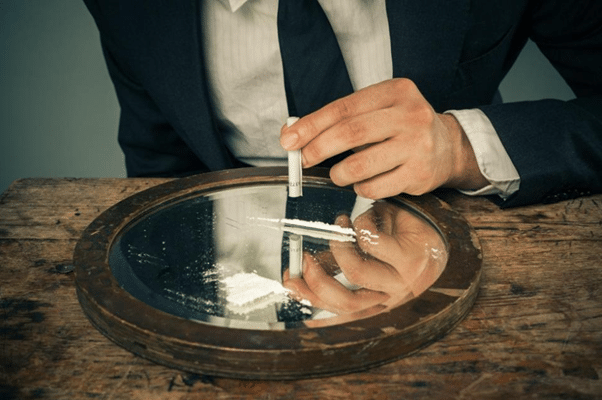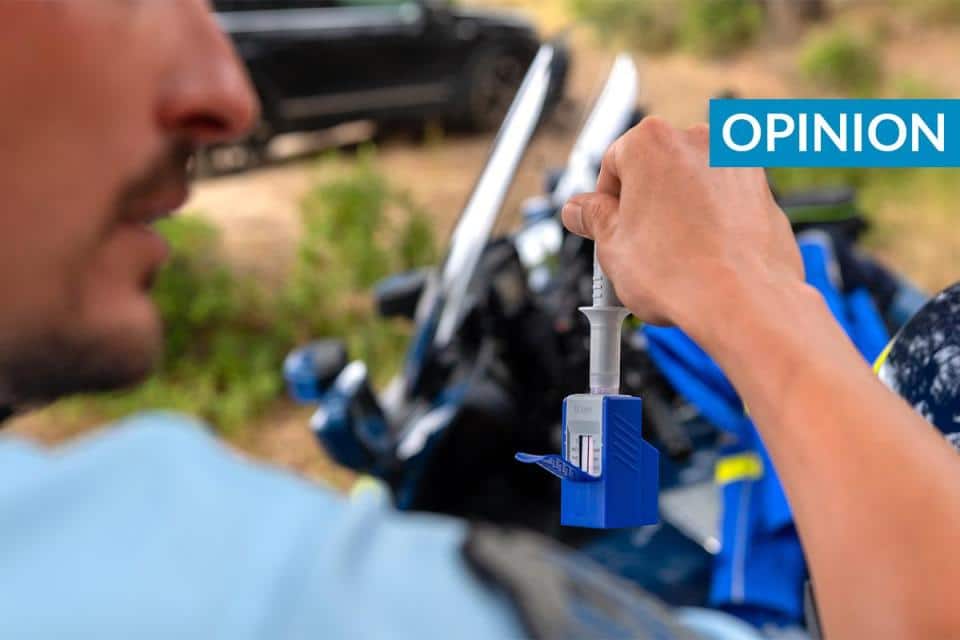No to irresponsible drivers
I cannot but commend the police force for their hard work and excellent results achieved in policing the roads throughout thefestive season. The Malta Insurance Association (MIA) would probably echo the sentiment of a large segment of the public in stating that, this time round, the presence of the police was felt and seen.
Not only were the necessary roadside checks carried out, but the police managed to communicate their message to the public effectively and the safety on our roads was successfully safeguarded for our benefit. The increase in the police presence on our roads was evident, and the results certainly speak for themselves.
The MIA augurs that such good results are maintained on a consistent basis throughout the year. We all know, however, that drink- driving is not restricted to the festive season. We form part of a society where any excuse is a good excuse to celebrate, meet, eat and drink. Enforcement should therefore be ongoing, not only done during such annual festivities but round the clock. Such regular enforcement sends a very important message to those who abuse that they are not meant to be on our roads causing mayhem.
We must all appreciate that we cannot afford to be lenient where road safety is concerned. Ultimately, the price we pay as a society is not just a financial one but also lives destroyed or impaired.
The new law not only aims to introduce harsher penalties for drink-driving but also for other road offences through the allocation of penalty points. Here, too, we cannot take the offences lightly. Illegal parking, blocking carriageways, driving at too low a speed all are common causes of accidents.
Of course, the authorities need to provide effective solutions to the existing problems with parking and with access to delivery vehicles, because it is not so surprising that some, in desperation, resort to breaking the law. Any new rules and regulations should ideally avoid causing a negative impact on the commercial and business sector. However, as always, one must balance out the benefit obtained for the common good against any negative fallout. That is why it is important for the government to pay heed to the concerns expressed by all stakeholders.
At the end of the day, however, we must accept that the rule of law must be upheld at all times.
We do not yet know exactly how the penalty points system will work, and one would expect that it will be fair and transparent and, ultimately, will punish the offen-der. What is certain is that such systems are already in place in many countries, and they do consider the fact that the offending driver is not necessarily the registered owner of the vehicle with which the offence is committed.
On the other hand, that part of the reform introducing lower alcohol limits and penalty points is targeted particularly at those individuals who think it’s cool to get ‘sloshed’ on alcohol, perhaps well into the early hours of the morning, where the combination of fatigue and alcohol presence in the blood stream deals a severe blow to road safety.
The reform is about safeguarding innocent drivers and pedestrians who happen to be hit or run over by drunk individuals – who should be locked away for good – allowing the bereaved to pick up the pieces.
It is also intended for those drivers, irrespective of the vehicle they drive and the service they may be providing, who irresponsibly and recklessly habitually run red lights, drive at excessive speeds, use their mobile phones or block the road to procure their favourite snacks.
So we need to be mature enough in debating this matter to call a spade by its name. However, we should not stoop so low as to mix concessions with illegalities or put business interests above other more important priorities, such as human lives.
I have already had the opportunity to state that a proper deterrent should be in place. Not only should driving licences be revoked but, in the process of accumulating points, erring individuals should also be subject to higher premiums for their own insurance policies because of the higher risk they pose.
The year that has just come to a close was dotted with fatalities and injuries, which are not only raising insurance costs but wrecking families and increasing the burden on our emergency services.
The MIA has been at the forefront of voicing the need for such changes as much as it emphasises continued and regular enforcement. The MIA has also contributed in a practical manner through the donation of breathalyser kits in 2015 and augurs that a time will come when such kits are used much more extensively, especially in the event of serious road accidents.
The MIA values its membership in the Malta Road Safety Council, under the sterling coordination of Pierre Vella.
The Road Safety Council met President Marie- Louise Coleiro Preca recently, who made it a point that such dialogue is to be maintained, acknowledging we all need to do more.
Above all, though, such coordinated activity has raised road safety to a higher level on the national agenda, where it should firmly stay.
More
As reported on the Times of Malta, Saturday, January 14, 2017, by Adrian Galea
https://www.timesofmalta.com/articles/view/20170114/opinion/No-to-irresponsible-drivers.636476
Insure with Confidence:
Your Trusted Insurance Hub
It is a non profit-making organisation that represents the views and common interests of all insurance companies in Malta.
More about usMore related news

"Alarming" – Caritas director urges better law enforcement to curb drug use
Insurance Association Malta applauds Caritas Director Anthony Gatt for his bold, honest appeal to address th...more
Read More
A step towards safer roads
The time for legislative delay is over… Insurance Association Malta is urging policymakers to give the pol...more
Read More
Roads Policing Unit set up to investigate serious traffic accidents
Driving forward… We welcome the announcement of the Roads Policing Unit, within the Malta Police Force. In...more
Read More
Social Icons